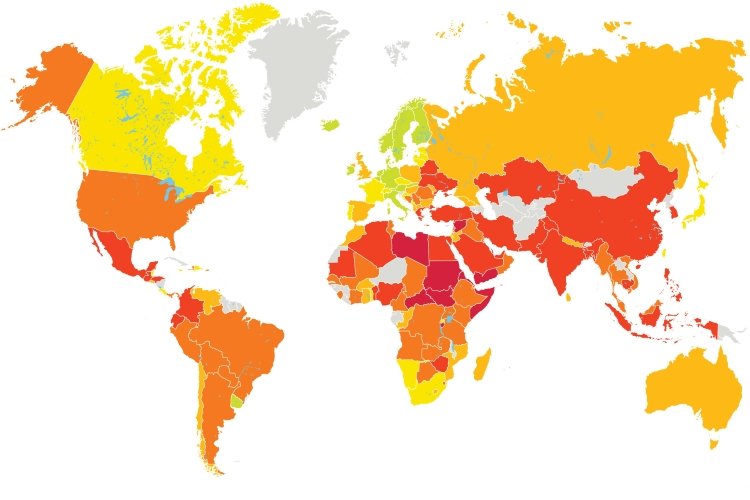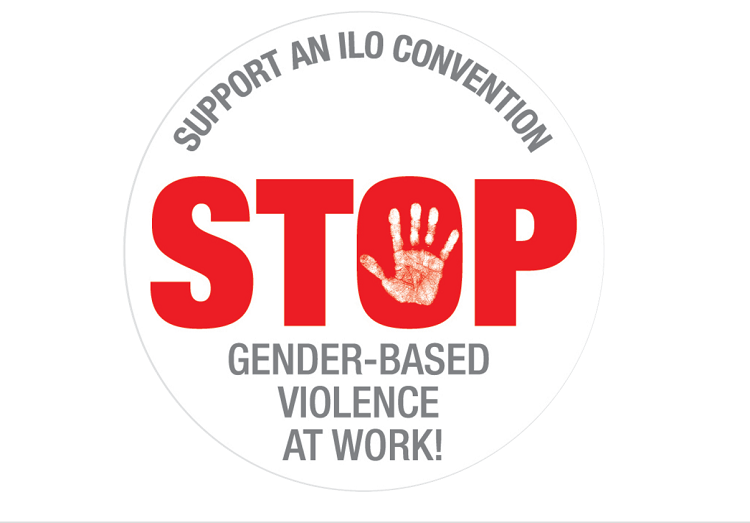KSBiH President Ranka Misic introduced the meeting, highlighting the mission of unionization – promotion of social justice. She underlined specific challenges the unions of SEE meet in the field of building unionism: non-respect of labour and other rights, antiunion attitudes of “new employers”, negative image of trade unions.
Anton Leppik explained the place of organizing policies in the PERC programme, underlining the general challenges unions are facing. organising approaches the various unions of the region are practicising and the needs to initiate reforms in approaches to membership building and membership mobilization by those organisation that want to strategically prioritise and implement active orgnanising policies. He referred to the discussions of the PERC task force that was initiated in May this year.
Zoran Ristic of Nezavisnost presented results of a survey that SEE organization took part in. The survey confirmed that structural reforms should be initiated to make unions efficient organizing force (reliance on external resources, voluntary initiatives, closeness of primary groups, good operations in public sector but almost totally underrepresented private sector, no efficient strategy) and specifics of the membership building in the SEE region.
Krsystof Zgoda of Solidarnosc presented work of its organizing team and effective means of organizing private sector security guards (5000 out of 200000 working people) and the efficiency of people-to-people approach in building unionism, as well as public and community - including business community - campaignings to ensure the visibility of workers’ issues and unions as vechicules to address them by negotiations with management.
In group work the participants discussed successful organizing examples, including “expeditors” and “hairdressers” in Bosnia and Herzegovina, security workers in Croatia, as well as the challenges unions are facing in the attempts to build unions: no entry to the workplaces, the working arrangements without contracts that make puts workers outside of generally protective trade union rights legislation, fragmentation and privatization of the enterprises that makes less people working and meeting together, necessity to register primary group to ensure representation and bargaining, short-time lived interest of workers in unions that shrinks when their issues are removed, role of the owners of the companies vs managers etc.).
The group agreed to elaborate couple of case studies for further analysis in the network and to submit them to the PERC task force.



